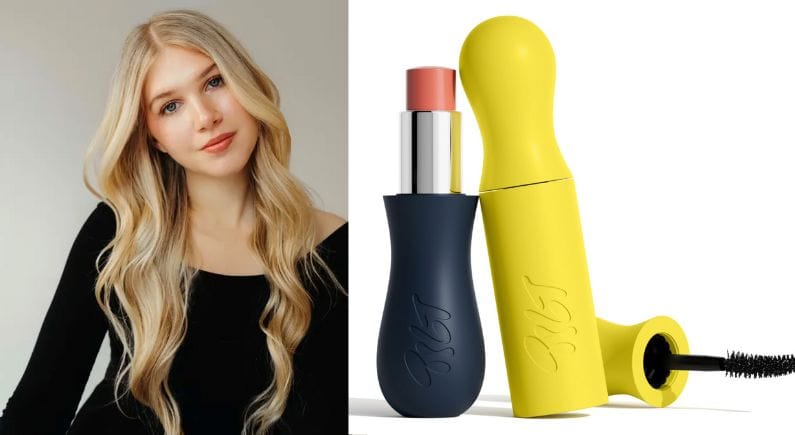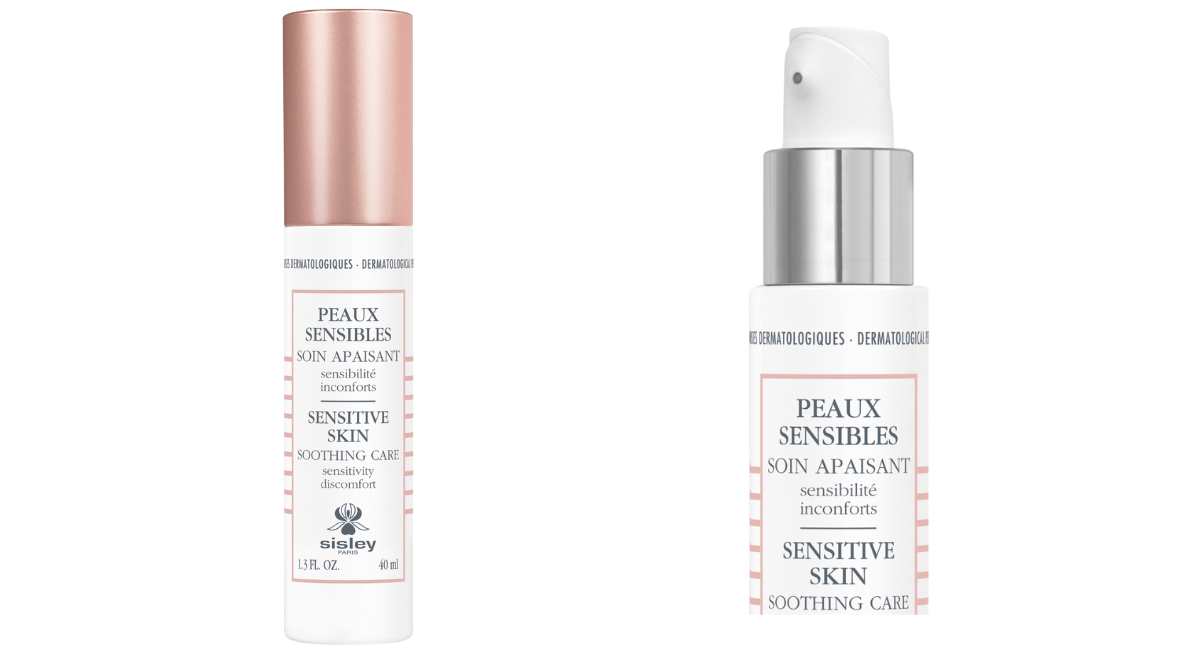
"The challenge isn’t science: it is perception. " says Anabel Kindersley, CEO of Niel's Yard
As this year 5th edition of British Beauty Week, we were able to capture a few talks to understand the current situation of the Industry and its future. From AI innovations, to Biotech, and of course sustainability, the vibrant British Beauty demonstrated strength.
Organised by the British Beauty Council, British Beauty Week shed light on everything beauty. From in-store consumer activations to content designed for beauty professionals, the event aimed to highlight the value of the beauty market, which represents a whopping £30.4bn in 2024 with a 9% increase year on year -reprensenting a 1.1% of the country’s entire GDP.
From lobbying the government to reopen beauty salons during Covid to influencing policy decisions that shape the industry, the British Beauty Council, led by CEO Millie Kendall OBE, has been instrumental in supporting and pushing the sector forward.
Here are our key takeaways from two talks we attended focused on sustainability.
On Beauty’s Gone Beyond Plant-Based and The Rise of Bio-Beauty
The key message of the session was if clean beauty was about removing what didn’t belong, biotech is about reinventing what does.
Moderator Emma Kohring, Science Focused Beauty Voice, described biotech as the next major leap, and not just a scientific shift, but a mindset one. Neal’s Yard Remedies CEO Anabel Kindersley reminded us that biotech isn’t new to naturals: her brand has used biotech actives like bartinia stem cells and hexapeptide 11 for years, guided by its “If in doubt, leave it out” ethos.
REOME founder Joana Ellner sees biotech as “designing nature, not just borrowing from it,” creating ingredients the skin recognises as its own. Meanwhile, Shellworks co-founder Amir Afshar is using microorganisms to grow fully biodegradable alternatives to plastic — proof that sustainability and performance can coexist beautifully.
Then came Lauren Bowker, founder of The Unseen Beauty, whose material science background brings a designer’s eye to the conversation. Her work is rooted in making invisible forces, namely light, heat, air, visible through colour and chemistry. In her words, “Biotech is our new pigment. It lets us code beauty differently.”
On the materials side, Amir Afshar of Shellworks is using microorganisms to grow alternatives to plastic. “It performs like silicone or ceramic for instance, but breaks down like food waste,” he explained. The material, called Vivomer, can be rigid or flexible depending on need, and it’s fully biodegradable. It offers a direct response to the linear waste systems beauty has long relied on. For Afshar, the real opportunity lies in biotech’s ability to create complete lifecycle solutions that protect both business continuity and the planet.
Adding a powerful new perspective, Ruka Hair founder Varaidzo Tendai Moyo spoke about rethinking one of beauty’s most overlooked categories: hair extensions. “Hair is far behind the rest of the industry,” she said. For Ruka, sustainability became a byproduct of designing for health, safety, and innovation. The brand has been developing collagen-based fibres that are natural, fully compostable, and move the market away from human hair dependency altogether.
"The challenge isn’t science: it is perception. Gen Z wants clarity, proof, and purpose" summarises Anabel Kindersley Brands and Retailers need courage to bring innovation forward.
Because the future of beauty isn’t synthetic or natural, it is symbiotic, where biology meets creativity, and technology helps us care for people and planet in equal measure.

At the Packaging Solutions Summit, focusing on sustainability in Packaging: we witnessed a system under pressure
At the Packaging Solutions Summit, industry leaders from Elemis, Shellworks, Circana and Nivea shared an informed outlook at sustainability beyond buzzwords.
Surfer Lucy Campbell opened with a vivid reminder of the problem: oceans turning into “soups of plastic waste.” Her experience as Nivea’s sustainability ambassador shows progress through detail, from 98% PCR bottles to redesigning pigments for recyclability.
Elemis co-founder Oriele Frank revealed how a 35-year-old brand can reinvent itself, removing unnecessary packaging and facing the reality that even refills can struggle to sell. “Consumers still reach for the new jar. When our refill pods get close to expiry, we have to donate them to charity. Despite having the solutions in place, not all of our customers have made the shift to refills just yet.” she said, adding that growing global regulation is creating cost, including EPR in the UK (Extended Producer Responsibility) and complexity across markets.
From a data lens, Circana’s Kelly Ackroyd confirmed that sustainability sells. “Sustainably marketed products are growing three times faster than others,” she noted, with consumers paying up to 30% more across categories. and the "refillable market even small is growing significantly, outpacing the rest of market " Kelly added. Luxury refills seems less driven by promotions which will potentially be more profitable in the long-term.
Shellworks’ Amir Afshar introduced Vivomer, a next-generation biomaterial that performs like plastic but biodegrades naturally. His message was clear: recycling alone won’t save the system.
The session ended on a common message. Real progress won’t come from consumer behaviour change alone. Change demands systemic solutions that make sustainability the effortless choice.

